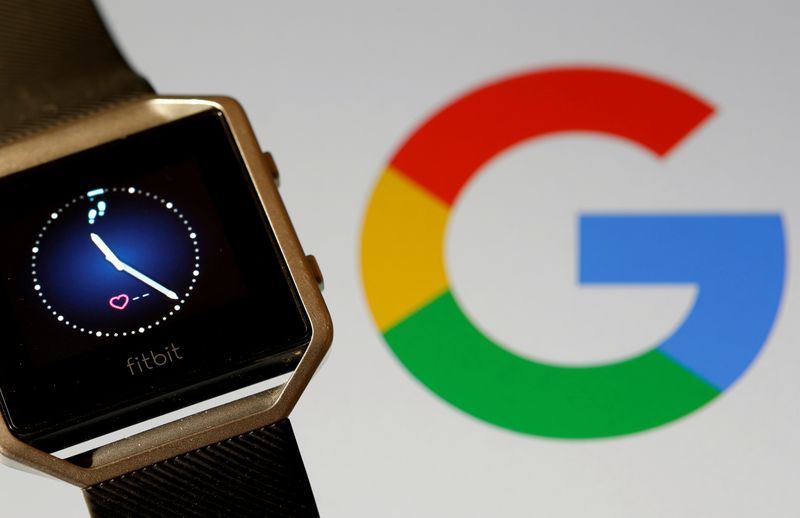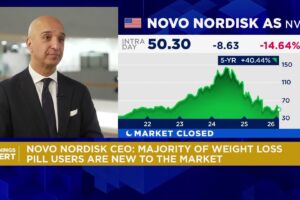
By Foo Yun Chee
BRUSSELS (Reuters) – EU antitrust enforcers are asking interested parties whether Google’s pledge not to use fitness tracker maker Fitbit’s health data for its advertising, and to separate the dataset from its own, might ease concerns over their tie up.
Alphabet’s Google made the pledge to the European Commission late on Monday to try address concerns that its $2.1 billion takeover of Fitbit might boost its clout in online advertising and search.
The EU executive is now seeking feedback from rival makers of wearable devices, app developers and other online service providers as well as healthcare providers before deciding whether to accept the offer, demand more or open a full-scale investigation.
While the feedback is important, sources had already told Reuters the data pledge could assuage EU competition worries and help the deal secure approval.
To ring-fence Fitbit’s health data, Google has proposed to set up a structure for data storage consisting of auditable technical and process controls called Fitbit Account Data, the EU questionnaire seen by Reuters said.
This data will not be transferred to a Google account nor be available to Google ads, while Fitbit will be the sole legal data controller, the document said.
The Commission asked if the pledge would make it more difficult for rivals to match Google’s services and if the data protection system was appropriate and effective.
Google’s proposal would be valid for five years and monitored by a trustee. Respondents have until Friday to reply. The Commission’s decision is due by Aug. 8.
With just 3% of the global wearables market as of the first quarter of 2020, Fitbit is far behind Apple’s 29.3% share and also trails Xiaomi, Samsung and Huawei [HWT.UL], according to data from market research firm International Data Corp.
(Reporting by Foo Yun Chee; Editing by Mark Potter)









